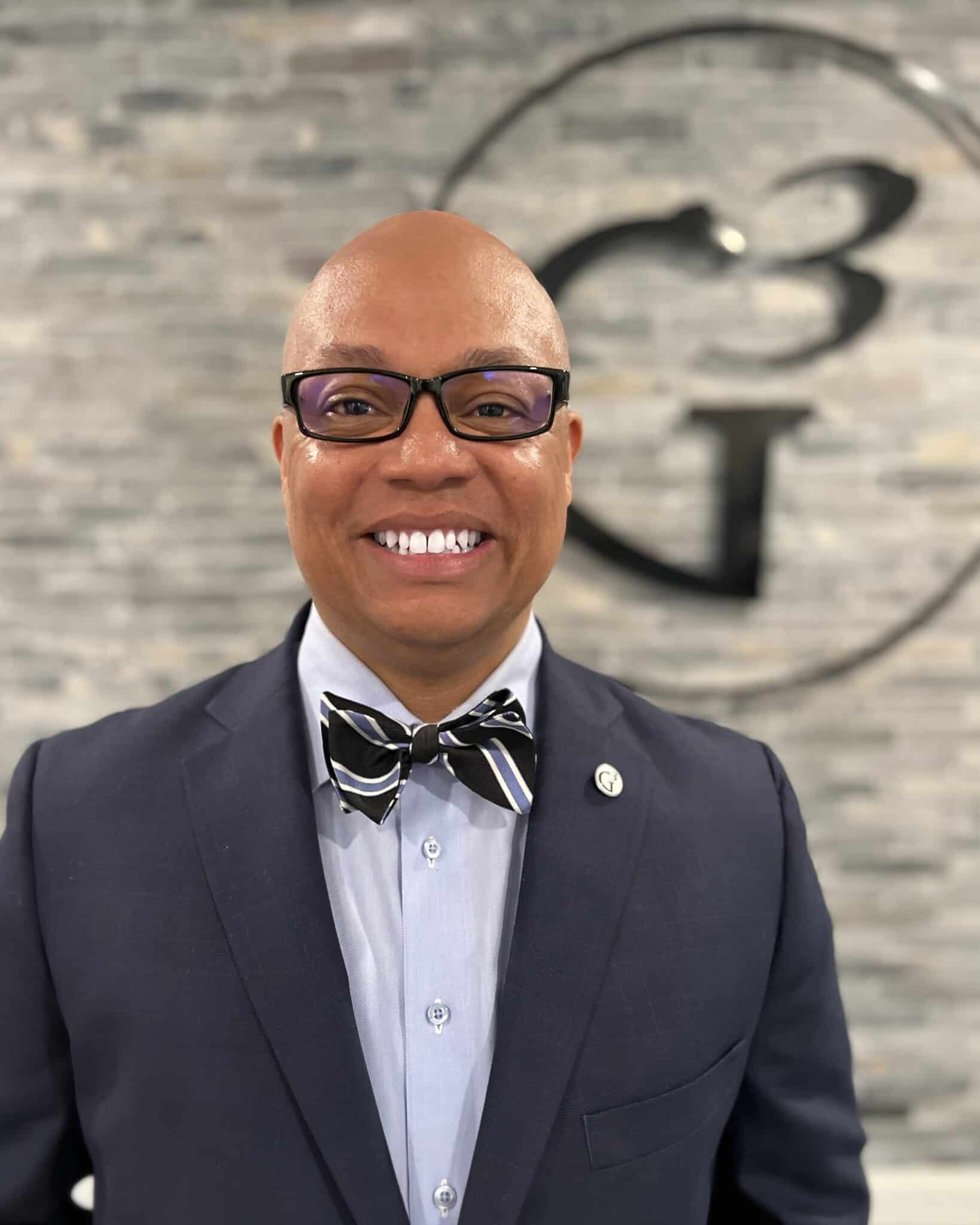Scripture does not say, “And he gave the apostles, the prophets, the evangelists, the shepherds, the influencers, and teachers, to equip the saints for the work of ministry.” However, many Christian leaders and pastors choose to spend most of their ministry time growing their media platforms. While the role of an influencer has its place, it is obviously not one of the church’s offices.
However, influencers command considerable power in the ever-expanding realm of social media. In October 2023, there were 4.95 billion social media users, representing 61% of the global population. X (formerly Twitter) boasted 528 million monetizable monthly active users during this same period. According to a Harvard study, major social media platforms generated $11 billion in ad revenue last year.
Social media influencers are highly valuable, amassing large followings that consistently draw people back to the platform. They promote products, provide valuable insights, and lead movements in the digital realm. Their purpose of maintaining a connection with an ever-expanding audience of devoted followers is paramount.
During the pandemic, social media served as a connection point for many, resulting in tremendous growth. The need for connection forced many slow adopters, like churches, to quickly shift their message via social media. While many relied on YouTube, Facebook, and platforms like Zoom, many Christians turned their attention to Twitter, investing more time to expand their following.
Many believers are effortlessly incorporating social media into their everyday lives. As the number of Christian influencers increases, they significantly shape their followers’ opinions, beliefs, and actions. While the emergence of Christian influencers has mostly been positive, Christians must exercise discernment when selecting the latest popular personality on a platform.
The Influence of Joel Osteen vs John MacArthur
Christians have wholeheartedly embraced social media’s profound influence to deliver a message. However, as an open platform lacking criteria to distinguish faithful ministers from false ones, relying solely on follower count to determine the credibility of a message can be misleading.
For example, one might see Joel Osteen’s ministry, with 10 million followers, as more faithful than John MacArthur’s ministry, which has 153K followers. When exploring the top five most influential Protestant evangelical figures on X, we encounter the likes of Joel Osteen (10M followers), Joyce Meyer (6.3M followers), TD Jakes (4.5M followers), Franklin Graham (2.9M followers), and Rick Warren (2.2M followers). Just outside the top five are two notables: Sadie Robertson Huff (1.6M followers) and Beth Moore (998K followers).
Many Christian influencers lack the real-world experience necessary to evaluate the impact of their five-minute-old ideas. Furthermore, far too few are accountable to local church pastors for their online interactions or content on the medium.
I won’t delve extensively into why many should be discouraged from following self-proclaimed prosperity preachers such as Osteen and Jakes. TD Jakes, who recently came under fire due to allegations of inappropriate involvement with music mogul Sean P. Diddy Combs, continues to demonstrate allegiance to historical Modalistic Monarchianism in his preaching.
Joyce Meyer, along with Sadie Robertson Huff and Beth Moore, have been known for promoting teachings that contradict the Scriptural prohibition of female pastors (1 Tim. 2:12). As for Rick Warren, recently, the Southern Baptist Convention (SBC) removed his former church, Saddleback, for appointing female pastors, contradicting the denomination’s beliefs. Who’s left from the list? Franklin Graham.
Regrettably, the appearance of correctness often outweighs genuine substance. The days of testing one’s ideas in the public square and subjecting them to the crucible of scrutiny, where success or failure can be weighed and measured, are all but a distant memory.
Christians must exercise discernment when following influencers while avoiding those who rely heavily on personal charisma, a new revelation of scripture, or impressive oratory quips to amass a following. It is essential to acknowledge these warning signs and consciously choose to disengage.
Lack of Accountability
In today’s digital landscape, achieving internet stardom can be as simple as maintaining a consistent presence on social media platforms. The insatiable hunger for content propels this phenomenon. The challenge of maintaining relevance in this space forces many Christian influencers to rush to provide solutions for problems they had only just identified five minutes ago. Then, voilá, fresh off the press, their ideas are instantly shared as absolute truths, demanding immediate action. Challenge their ideas, and you become a targeted enemy.
Regrettably, the appearance of correctness often outweighs genuine substance. The days of testing one’s ideas in the public square and subjecting them to the crucible of scrutiny, where success or failure can be weighed and measured, are all but a distant memory. Many Christian influencers lack the real-world experience necessary to evaluate the impact of their five-minute-old ideas. Furthermore, far too few are accountable to local church pastors for their online interactions or content on the medium.
Jesus made a promise to preserve only one platform: His church. He declared, “The gates of hell will not prevail against it.” Today, however, many pastors seek to build their own platforms, even abandoning preparation time for their sermons in favor of celebrity attention on podcasts and social media platforms.
Aside from the lack of time and the testing of ideas, in a frenzy to be relevant, potential influencers also race to X to share their hot takes on public policy, masculinity, or a more robust view of a patriarchal-led family. A closer examination of their previous twelve months’ worth of tweets often reveals the lack of thoughtful consideration they currently place on the subject. Like clickbait, crafting captivating ideas and genuinely engaging followers is their sole challenge.
Theology, Politics, and Biblical Worldview Influencers
With the rise of various social media platforms, influencers face numerous challenges as they navigate the digital landscape. However, some exceptional individuals and ministries leverage the power of these platforms in remarkably effective ways, capturing the attention and admiration of their audience with their unique approach and compelling storytelling.
One remarkable example that has consistently inspired me throughout the years is the ministry of Apologia Church. They embody accountability, kindness, and an unwavering dedication to transforming culture. Long before the more recent X controversies, Apologia is a ministry that I have held in high regard and continue to respect. While we may not share the same views on eschatology and methodology in certain areas, I wholeheartedly appreciate and respect their commitment to engaging the public and creating valuable content for a broad audience.
Like many of you, I follow those who share my theological perspective. Upon close examination of the influencers I currently follow, the list of those who come to mind is Paul Washer (274K followers), John MacArthur (153K followers), Steven Lawson (148K followers), James White (130K followers), Darrell Harrison (105K followers), Owen Strachan (104K followers), Phil Johnson (75.6K followers), Voddie Baucham (74.1K followers), Josh Buice (55.6K followers), Tom Buck (51.7K followers), Justin Peters (47.4K followers), and Scott Aniol (30.6K followers).
Besides my list of top influencers in the theology category, there are a few notable figures with massive followings that can’t be ignored. Their impact and influence under the heading of theology or evangelicalism cannot be underestimated, making them worth mentioning alongside my personal favorites. While many would not consider Tim Tebow a theologian, his influence on 4.4 million people is impressive. Also in this category are John Piper (1 million followers), Albert Mohler (203K followers), Kevin DeYoung (159K followers), and Douglas Wilson (55K followers).
When it comes to politics and Biblical worldviews, I follow a diverse range of individuals. Among them are my friends Jason Whitlock (759K followers), Allie Beth Stuckey (434K followers), Steve Deace (232K followers), and Delano Squires (112K followers). All four of them are affiliated with The Blaze Media, where, from time to time, I add my voice as a contributor to Fearless with Jason Whitlock.
Regarding politics and Biblical worldviews, my list continues to include Thom Rainer, with 212K followers, and my dear friend John Cooper (207K followers). I also closely follow Megan Basham (89K followers), John Amanchukwu (87K followers), Samuel Sey (85K followers), the bad boy himself, Michael O’Fallon (37K followers), and the recent troublemaker, Jon Root (23K followers).
A few more names that cannot be ignored in this category due to their large share of voice are Franklin Graham (2.9M followers) and Jenna Ellis (1M followers).
Final Thoughts
To shed light on how I curated this list of top influencers, I carefully selected them from those I personally follow, unless otherwise stated. It’s possible that your favorite person isn’t included or that there’s someone on my list with whom you might disagree, and that’s perfectly alright. While social media serves as a valuable platform for gathering information, news, and testing ideas, it’s crucial to recognize that X does not encompass the entirety of life.
Moreover, Christians must exercise profound discernment when choosing whom to follow among influencers. As a Christian writer and influencer, I need to recognize the responsibility of having a platform. I strive to use my voice to reflect my values and beliefs while remaining open-minded and respectful towards others. It’s crucial for all influencers, regardless of their beliefs or expertise, to remember the power and impact they hold over their audience.
Social media has become an integral part of our lives and has dramatically impacted how we receive information and interact with others. Christians must be mindful of who we allow to influence us on these platforms and how we affect others.





